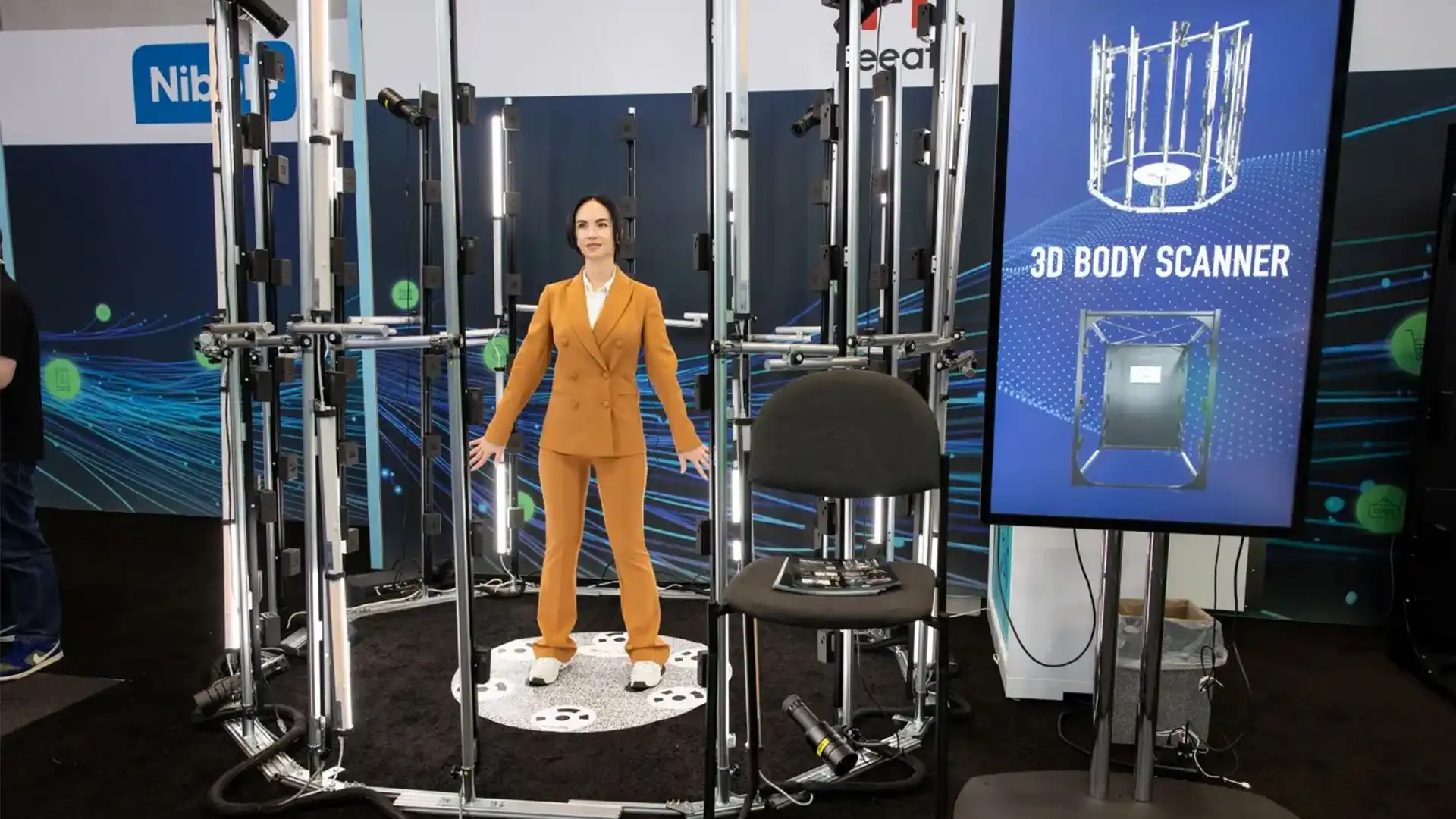If you feel like you’re ready for your first credit card, having a budget and doing the research before accepting the first offer is important. Credit cards are not all the same. The terms, conditions and benefits can vary even among starter credit cards. Also, consider this - applying for a credit card isn’t only about paperwork. Rather, it’s about a specific step on your financial journey and climbing onto the ladder of responsibility. So, how do you know if you’re ready to apply for a credit card?
Are you ready for your first credit card?
Getting a credit card can be about more than merely qualifying. Remember…budgets and planning are essential when managing your money and credit. Your first credit card may serve as a good experimental lab to test your financial spending bearings. That’s why you want to consider your readiness before applying for your first credit card.
For students, establishing credit is helpful when renting your first apartment or buying a car. Here are some questions to help determine if you’re prepared for your first credit card.
- Do you see a credit card as a responsibility? This may signal that you're on track to managing money responsibly.
- Do you realize a credit card purchase is a loan? A credit card does not give you free money to spend. Instead, a credit card purchase is an amount you have borrowed - typically for a one-month billing cycle. If you pay on time, there is no interest charge - but if you are late, you will pay interest.
- Do you stop and check if the purchase is within your budget? If so, this may show that you can spend within your means.
- Do you have an emergency fund? If unforeseen, this can cushion your payments, but necessary spending disrupts your monthly budget.
- Do you have a solid plan for how you will use a credit card? Hint - never use a credit card for credit purchases (i.e.for a loan) that are more than you can pay off each month. Most credit card interest rates on unpaid balances are much higher than those on most bank loans.
- Do you understand how credit card interest works? There are distinct types of interest, sometimes even on the same card.
How to pick the right card for your situation:
Before applying, be sure you understand credit card basics, like
- How credit card interest works (and how to avoid paying it)
- How credit scores work, and why they matter.
Once you feel confident about using your first card, it’s time to weigh the options. If you’re a credit newcomer, you probably won’t be able to get access to most credit cards - because issuers don’t have any data to assess how much of a credit risk you are.
Still, you can access your first credit card account in a couple of ways.
How to get your first credit card:
Become an authorized user
One way to get your feet wet is to become an authorized user on someone else’s credit card account. You’ll have some access to the account, but the primary cardholder will be responsible for making payments. This is one option if you’re younger than 18. In addition, many cards allow cardholders to add a minor as an authorized user.
Some things to keep in mind:
- By piggybacking on someone’s account, you’re relying on their ability to pay on time to establish your score. If your parent/guardian doesn’t always use credit cards responsibly, having your name on their account could do you more harm than good.
- This also means that you may be unable to build YOUR credit as an authorized user, depending on the card’s terms.
Get a starter credit card
If you’re over 18, you can apply for a starter card independently. Credit card issuers cannot check how responsible you are with debt you are if you have limited or no credit history. For that reason, they can only offer you their safe options, which might not be too appealing. Starter cards are a gateway to building credit and obtaining better credit card products.
Cards that allow co-signers
A co-signer may help you get a credit card if it’s challenging to qualify independently. For these cards, you would be named the account owner and appear on the bill as the payee. But with co-signed credit cards, the debt may appear both on your credit reports and the co-signers. That’s because you and your co-signer are legally responsible for the debt.
Secured credit cards
Secured credit cards are an opportunity to establish credit. They can give you practice for your first standard credit card. Secured credit cards start with a security deposit that you must pay upfront. The deposit amount will often help determine the card’s credit limit.
Student credit cards
Student cards are often targeted at 18 to 21-year-olds, but those younger than 21 may need to provide proof of income in the form of pay stubs or tax filings. Because of this, the underwriting on student cards tends to be more lenient - meaning, in some cases, you may be able to qualify with no credit. There’s also no guarantee that you’ll qualify for one as a student applicant.
Bottom Line
This is a LOT to consider, and having a credit card is a major financial responsibility. A good option - instead of a credit card - is a debit card. We will explore that in another conversation!
To learn more about how to grow your income and invest wisely, check out an Infinity Investing workshop. You can sign up, participate and learn for FREE.
Check the Anderson Business Advisors DECA page for financial learning and internship opportunities.



















